
Prof. Joshua Yang
Department of Electrical and Computer Engineering
University of Southern California
3740 McClintock Avenue, EEB 340
Los Angeles, CA 90089-2562, USA
Email: joshua.yang@usc.edu
Professor J. Joshua Yang is the Arthur B. Freeman Chair Professor in the Department of Electrical and Computer Engineering at the University of Southern California (USC). A pioneer in neuromorphic computing and emerging memory technologies, he is best known for his groundbreaking work on resistive switching devices and memristive systems.
He earned his Ph.D. from the University of Wisconsin–Madison, following a Bachelor’s from Southeast University. Prior to joining USC, he was a lead researcher at HP Labs and later a professor at the University of Massachusetts Amherst. His work has resulted in over 120 granted patents and numerous high-impact publications in top journals such as Nature, Science, and IEEE.
Professor Yang currently directs the Center of Excellence on Neuromorphic Computing, co-directs USC’s Institute for the Future of Computing, and is the Scientific Advisory Board Chairman of TetraMem Inc., a startup developing AI hardware.
